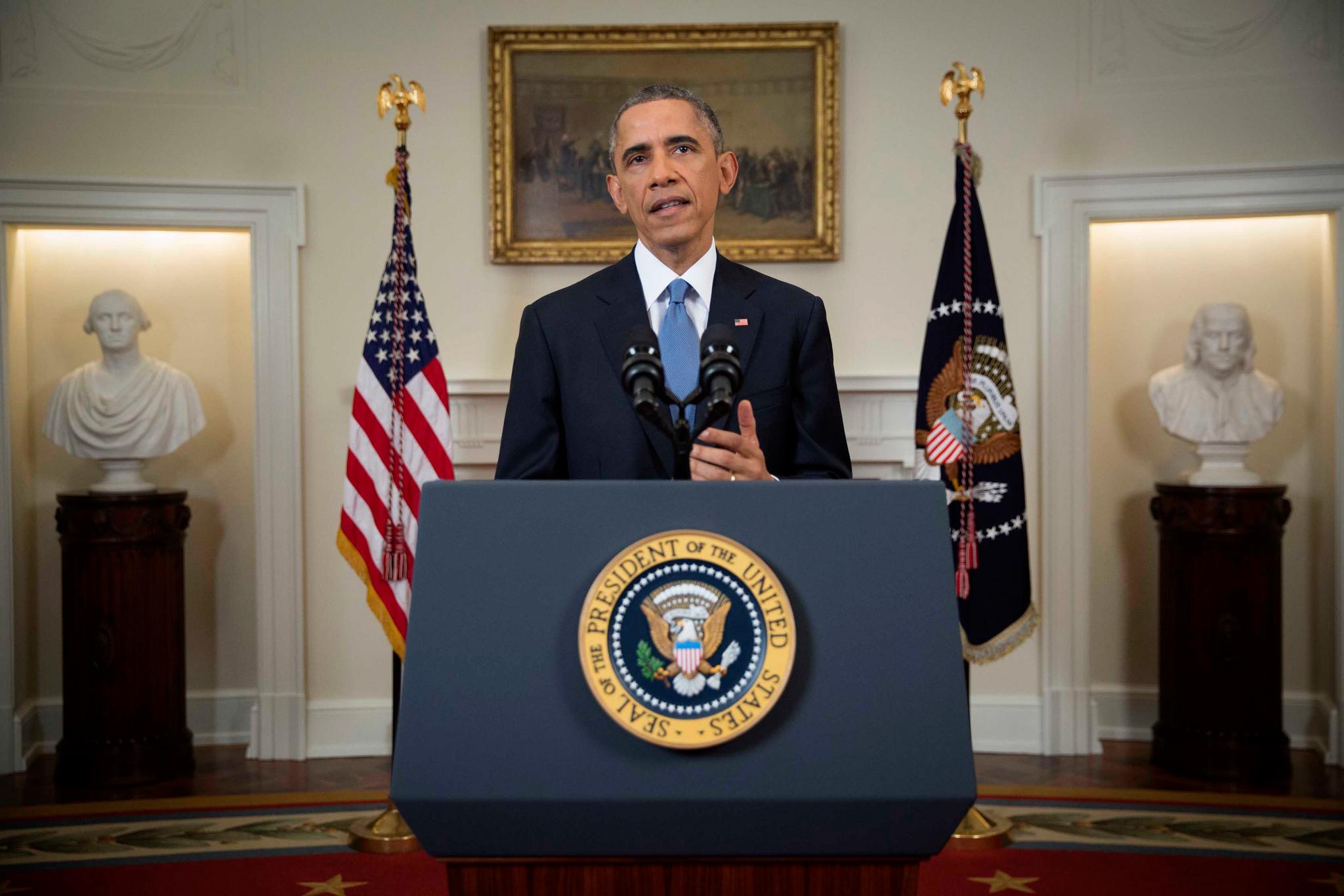
The President has announced a new approach for improving relations in Cuba, reshaping the isolation policies that have existed between the U.S. and Cuba for more than 50 years. Affairs have been tense since 1961’s Bay of Pigs, when the United States attempted to oust communist Cuban leader Fidel Castro, and President Eisenhower shut down the U.S. Embassy in Havana.
“Isolation has not worked,” President Obama said earlier today at a press conference. “I do not believe we can continue doing the same thing for five decades and expect a different result.”
The new policy, which could reopen the United States embassy in Havana, will end what President Obama called an “outdated approach.”
Travel bans, which prohibit American tourist travel to Cuba, would be softened. Though the ban wouldn’t be lifted entirely, more people would be able to obtain a travel permit for humanitarian projects and religious activities, among others. American travelers could also bring back $400 worth of items, including Cuban cigars.
In recent years, Cuban citizens’ online presence has been limited, and President Obama said that he would work to improve their Internet accessibility. Banking relations and remittance regulations would also be loosened. Currently, Cuban immigrants living in the United States can only send $500 worth of remittances per quarter to their family members living in Cuba; the new policy would raise that amount to $2,000.
Amidst conversations between the two countries, which have been going on since spring, Cuban officials released Adam Gross, a U.S. contractor who has been jailed in Cuba for five years, along with one other unnamed U.S. prisoner, who had been held for nearly 20 years, in exchange for the release of three Cuban spies being held in American prisons.
As President Obama announced the new changes, Cuban president Raúl Castro, Fidel’s brother, made his own statement.
“We have been able to make headway in the solution of some topics of mutual interest for both nations,” Castro said. “President Obama’s decision deserves the respect and acknowledgment of our people.”





